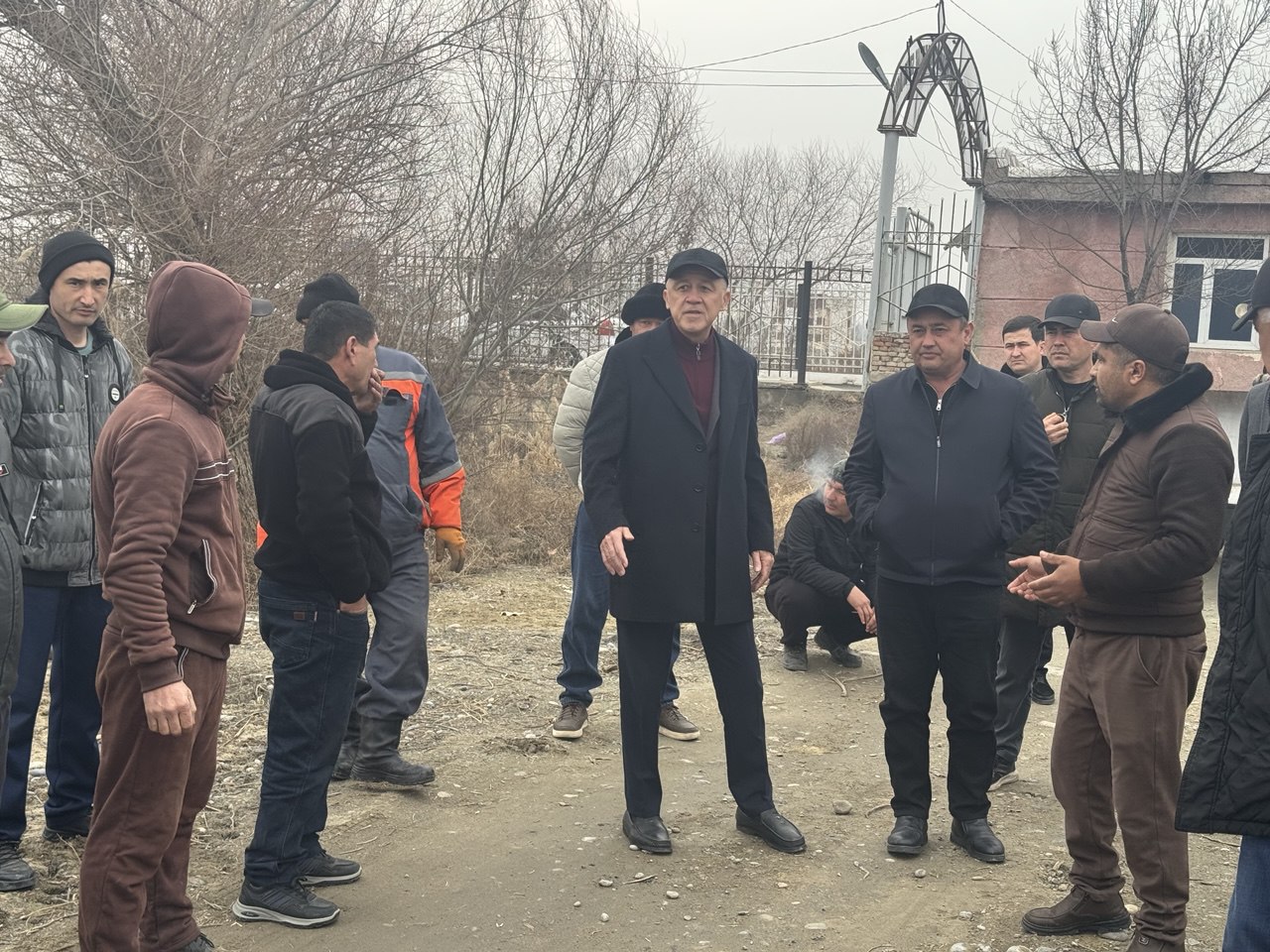In particular, conditions were studied at Pre-trial Detention Center No. 11; the Temporary Detention Facility of the Regional Department of Internal Affairs; the special reception center for persons subjected to administrative arrest under the Regional Department of Internal Affairs; the regional branch of the Republican Specialized Psychoneurological Scientific-Practical Medical Center; as well as the Khorezm branch of the Republican Specialized Scientific-Practical Center of Narcology and its subordinate sobering-up facility.
During the visits to closed institutions holding persons with restricted freedom of movement, the observance of rights such as accommodation, nutrition, access to medical services, engagement in labor, meetings with close relatives, and the right to submit appeals was reviewed. Cells and sanitary conditions in the premises, video surveillance systems, the process of meetings with lawyers, and the reception of mail and parcels were also examined.
Within the framework of the monitoring visit to Pre-trial Detention Center No. 11, a commission meeting was also held among convicts engaged in maintenance work to determine whether the convict had met the criteria of being “on the path to correction.” The Ombudsman’s regional representative in Khorezm region also participated as a member of the commission. As a result, 12 convicts were issued conclusions recognizing them as having embarked on the path to correction.
In addition, during the monitoring, appeals submitted to the “Ombudsman’s Boxes” were received, and in some institutions, mobile receptions were held where citizens’ appeals were heard directly.
Press Service of the Commissioner of the Oliy Majlis for Human Rights (Ombudsman)






























